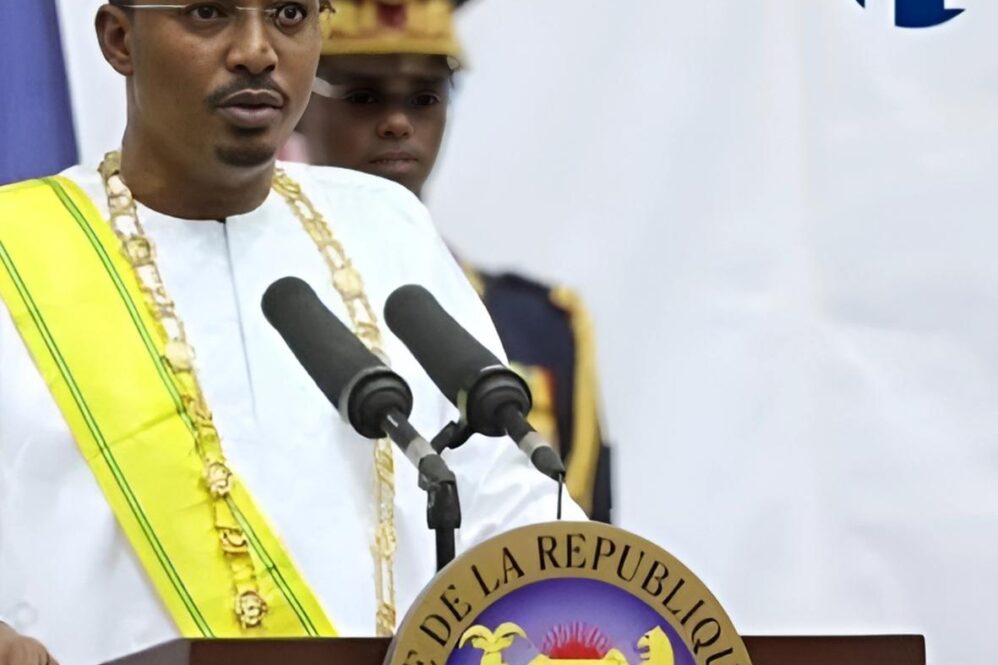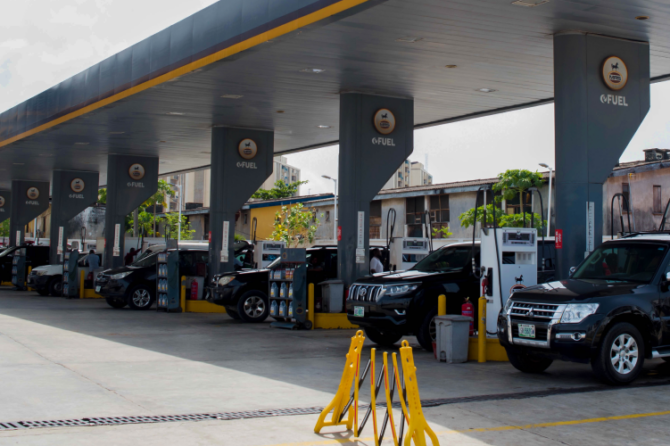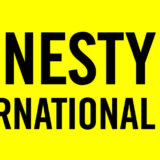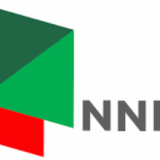There has been a suspected coup d’etat in the serene capital city of Chad. A daring assault on Chad’s presidential complex in N’Djamena, the capital city, has left 19 people dead. The attack, which occurred on Wednesday, was carried out by a 24-strong commando unit. In addition, the attackers were on steroids which made their operation more brazen. Meanwhile, the authorities announced that 18 of the attackers and one security personnel member were killed in the ensuing battle.
“The situation is calm” which was said by a visibly angry government spokesman and Foreign Minister Abderaman Koulamallah. According to him, “the situation is now under control, and the destabilization attempt has been put down.” However, the attack has raised concerns about the security situation in Chad, which has been under military rule since 2021.
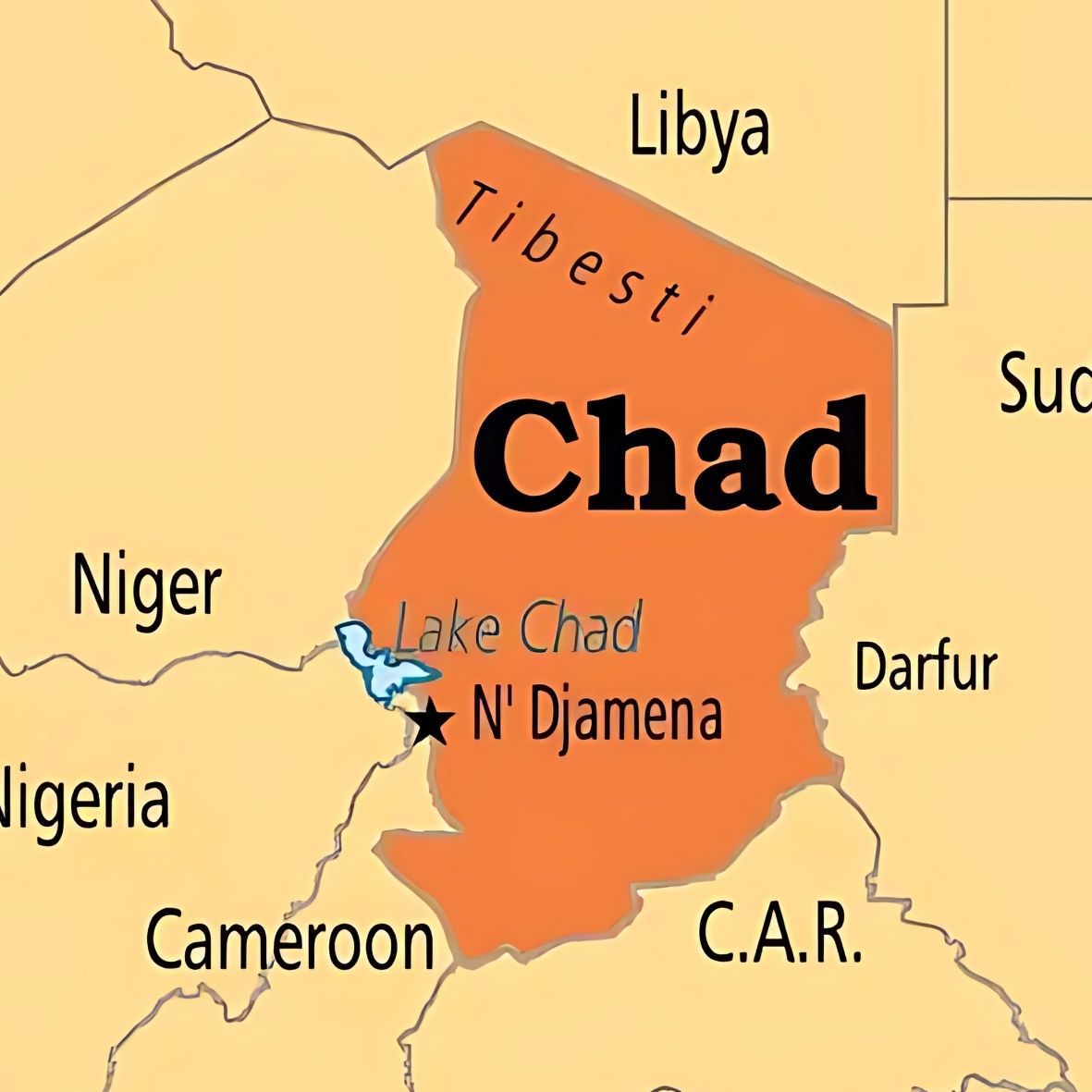
Conflicting Positions
The earlier information obtained was that the authorities believed the attackers were terrorists men. They were initially believed to be members of the Boko Haram jihadist group of destabilization in the region. However, Koulamallah later described them as drunken “Pieds Nickeles” – a reference to a French comic featuring hapless crooks. The surviving assailants were reportedly “completely drugged.”
Chad has faced regular attacks by Boko Haram fueling insecurity in the country, especially in the western Lake Chad region. Furthermore, this insecurity has led to the military junta ending a military accord with France. The country has also been accused of interfering in the conflict in neighboring Sudan.
The Foreign Angle
The foreign angle to this rather destabilizing news is worrisome, as some officials believe they could be sponsored. Meanwhile, it was learnt that the attack on the presidential complex occurred just hours after Chinese Foreign Minister departed. Minister Wang Yi met with President Mahamat Idriss Deby Itno and other senior officials. Deby was in the complex at the time of the attack, according to Koulamallah.
Recent Coup Attempt in the Republic of Chad: Understanding the Crisis
Authoritarian Rule and Instability
The Republic of Chad has faced decades of authoritarian rule, leading to widespread instability.
President Idriss Déby’s 30-year rule was marked by corruption, political exclusion, and repression of dissent.
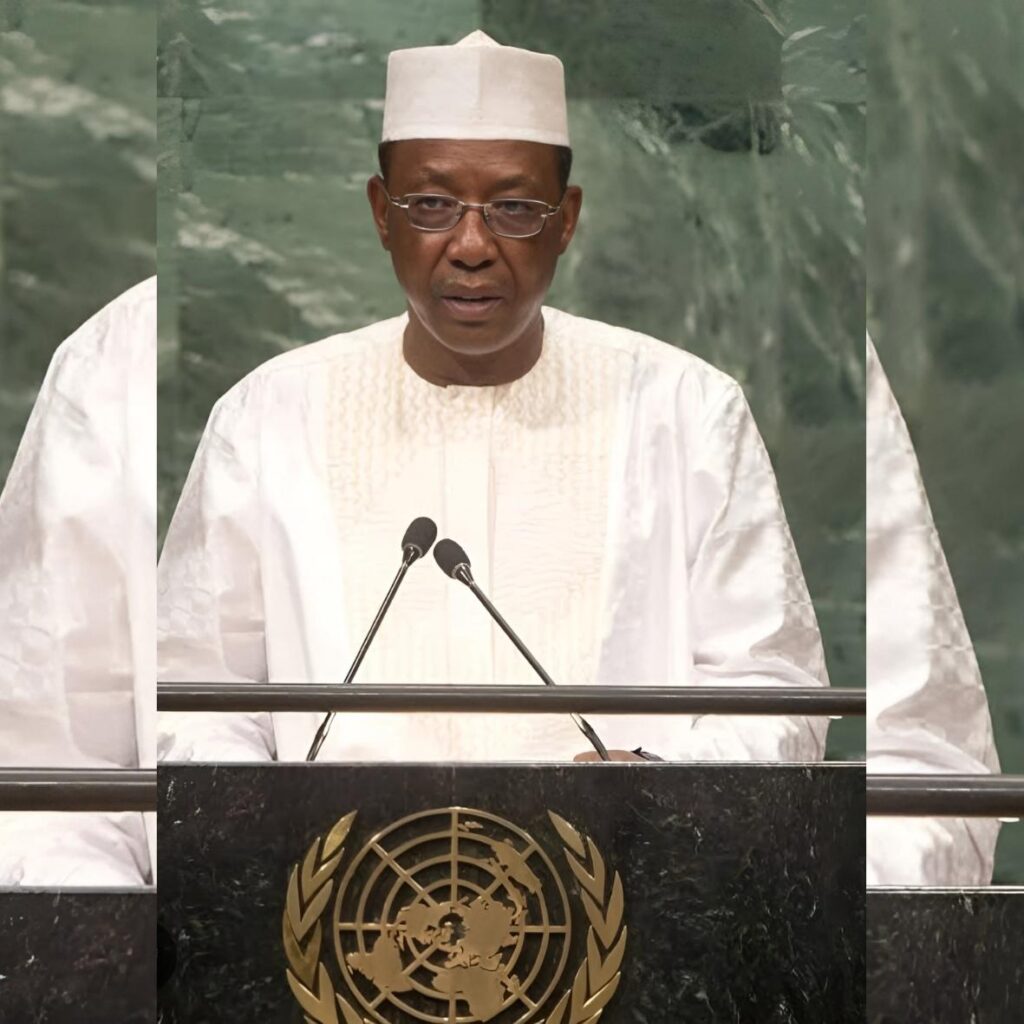
Former late President Idriss Déby of Chad at the United Nations
The 2021 Northern Chad Offensive
In April 2021, the Front for Change and Concord in Chad (FACT) launched a military offensive against the government.
The offensive resulted in the death of President Déby and the rise of his son, Mahamat Déby, as interim head of state.
Military Coup and Constitutional Crisis
The military coup led by Mahamat Déby has been widely condemned as unconstitutional.
The 2018 constitution states that the president of the National Assembly should lead the country to elections within 90 days.
Humanitarian Crisis and Regional Implications
The ongoing conflict has led to a humanitarian crisis, with over 6 million Chadians in need of assistance. The instability in Chad has regional implications, affecting the Lake Chad Basin, Libya, Sudan’s Darfur, and the Central African Republic.
Chad’s Population and Economy at a Glance
Population Overview
Chad’s population stands at approximately 20,632,418 people, with a growth rate of 3.00%. The country’s population is projected to surpass 50 million people by 2076. Chad has one of the highest fertility rates in the world, with 5.80 births per woman.
Economic Snapshot
Chad’s economy is heavily dependent on oil exports, with a real GDP growth rate of 3.0% expected in 2024. The country faces significant development challenges, including widespread poverty and inequality. Approximately 44.8% of the population lives below the national poverty line.
Challenges and Opportunities
Despite the challenges, Chad has opportunities for growth and development. The country has invested in human capital, with projects aimed at improving education and healthcare. Additionally, Chad has diversified its economy, with a focus on agriculture and industry.
Mahamat Deby: A Leader’s Rise to Power
Early Life and Education
Mahamat Deby was born in 1984 in Chad’s capital city, N’Djamena. He is the son of former Chadian President Idriss Déby, who ruled Chad for 30 years.

President Mahamat Deby of Chad
Rise to Power
Following his father’s death in 2021, Mahamat Deby seized power in a military coup. He became the transitional president of Chad, leading the country’s transitional military council.
Transitional President
As transitional president, Deby has faced numerous challenges, including rebel attacks and economic instability.
He has also been accused of human rights abuses and suppressing opposition voices.
International Relations
Deby has sought to strengthen Chad’s international relations, meeting with foreign leaders and diplomats.
He has also sought to diversify Chad’s economy, reducing its dependence on oil exports.
Challenges Ahead
Despite his efforts, Deby faces significant challenges, including a looming rebel threat and growing discontent.
He must navigate these challenges to ensure a peaceful transition to democratic rule.
Work to be done
Mahamat Deby’s rise to power has been marked by controversy and challenges. Furthermore, the crippling economic situation of the country is making him lose the remnant support base of his father. As Chad’s president, he must work to address the country’s pressing issues and ensure a stable future.
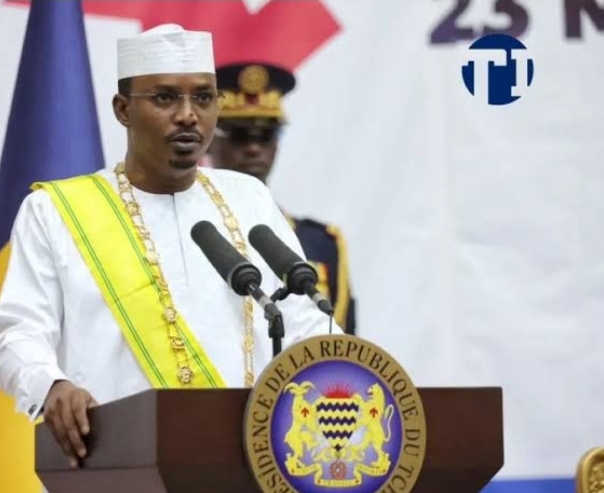
Conclusion
The recent coup attempt in the Republic of Chad highlights the country’s deep-seated instability and authoritarian rule. In addition, unconstitutional rule has become unpopular in the continent as people wants their voices to be heard.
Nevertheless, Chad’s protracted problems, viz a viz political, social and economic disasters is not insolvable. He needs to start addressing the grievances of the Chadian people immediately to avert further escalation.


